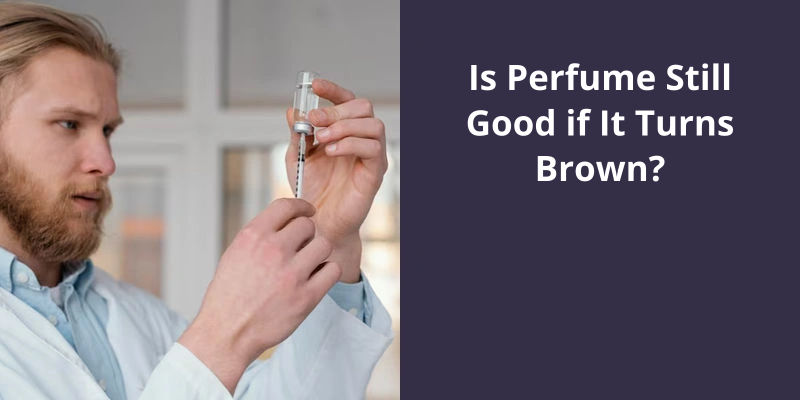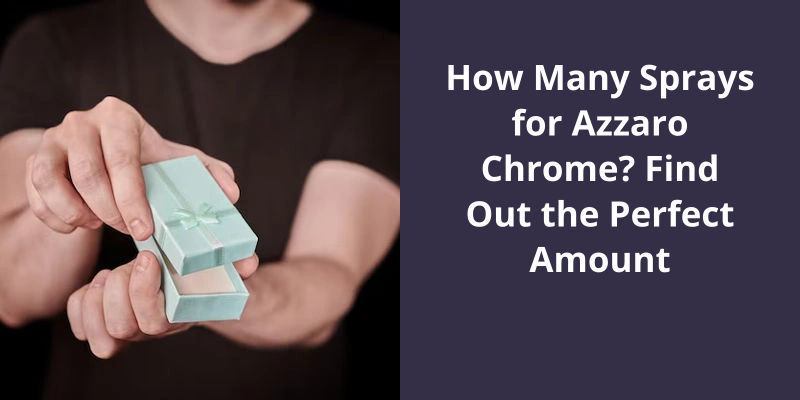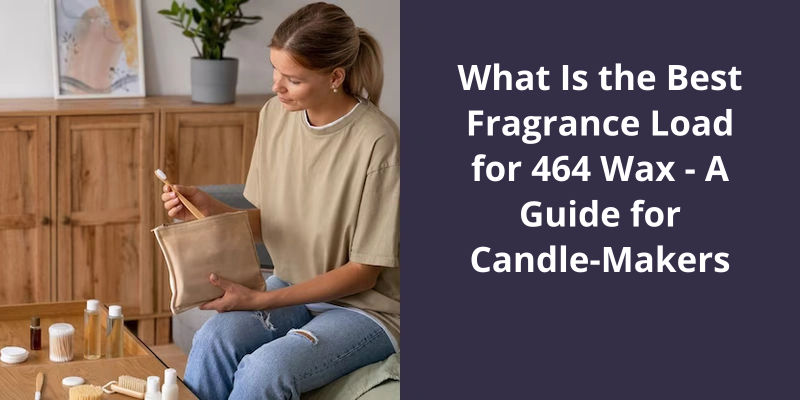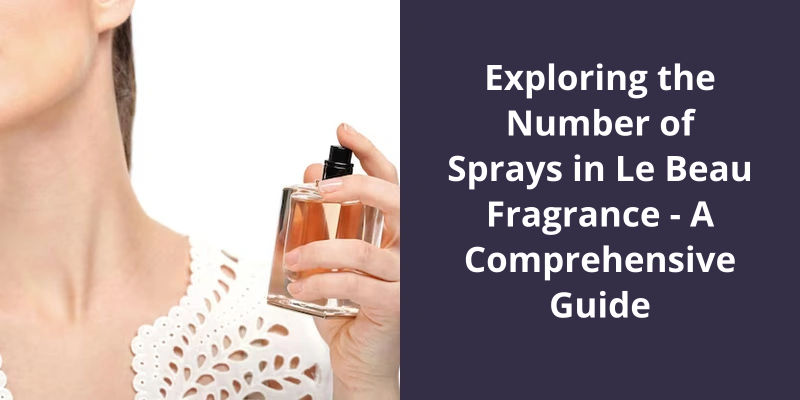Yes, perfume can still be good even if it turns brown. While a change in color typically indicates that the product has been exposed to light or heat and has undergone some oxidization, it doesn’t necessarily mean the perfume is bad. The brown color might show that some ingredients have aged, but many times the scent remains the same. However, if you notice that the smell has altered or if it causes irritation on your skin, it is advised to stop using it.

Why Did My Perfume Discolor?
Why did my perfume discolor? The most common color-change that signifies a perfume has gone bad is if it becomes darker. If your translucent, golden liquid takes on a more opaque, amber hue, that could be a sign to test it’s expiration.
Perfume discoloration can occur when exposed to factors such as heat, light, and air. These elements can accelerate the breakdown of the fragrances chemical compounds, causing it to change color. Heat and light can cause oxidation, leading to the perfume turning darker.
Another factor that can cause perfume to turn brown is the presence of natural ingredients. Some natural components, such as vanilla, can react with air or other ingredients in the perfume, causing a color change. This reaction is more common in perfumes that contain a higher concentration of natural ingredients.
Discoloration alone doesn’t indicate that the fragrance is no longer good to use. However, it could be an indication that the perfume has started to deteriorate and may not smell the same as when it was fresh.
To assess whether a discolored perfume is still good, you can rely on your sense of smell. Give it a sniff and see if the scent is still pleasant and unchanged. If the perfume has a strong, off-putting odor or smells different than it did originally, it’s likely past it’s prime. Additionally, check for other signs of spoilage, such as a thickened or cloudy texture or the presence of sediment.
If you want to prevent or minimize perfume discoloration, it’s best to store your fragrances in a cool, dark place, away from direct sunlight and extreme temperatures. Keep the bottles tightly closed when not in use to limit exposure to air. By taking these precautions, you can extend the lifespan of your perfumes and enjoy them for longer.
As the aldehydes in the perfume become acidic due to oxidation and light, the first noticeable change is a darkening in color. This transformation occurs gradually over time, mirroring the maturation process of fine wines. However, the consequences of oxidation extend beyond aesthetics and can have significant effects on the fragrance itself.
What Happens When Perfume Oxidizes?
These acidic aldehydes then react with oxygen in the air, causing the perfume to change color. This change in color is often seen as a sign that the perfume has gone bad or is no longer usable, but thats not necessarily the case.
Despite the change in color, the scent of the perfume may still remain intact. However, the aging process caused by oxidation can alter the fragrance profile of the perfume. The top notes, which are the first scents you experience when you apply the perfume, may become more muted or even disappear entirely. The middle and base notes, which are the deeper and longer-lasting scents, may become more prominent.
This is especially true for certain types of perfumes that are designed to age and develop over time, such as certain niche or vintage fragrances. These perfumes may actually be more sought after when they’ve turned brown, as collectors and perfume enthusiasts believe that they’ve reached their peak and have developed a more complex and unique scent.
Some are more delicate and may not withstand the oxidation process as well. If a perfume smells off or has a rancid odor, it’s a sign that it’s gone bad and should be discarded. Additionally, if the perfume has been exposed to excessive heat or light, this can accelerate the oxidation process and cause the scent to deteriorate more quickly.
When a perfume turns brown due to oxidation, it doesn’t necessarily mean that it’s no longer good. The change in color is simply a natural aging process that can alter the fragrance profile of the perfume. It’s important to assess the scent of the perfume and use your judgment to determine if it’s still enjoyable to wear.
How to Prevent Perfume From Oxidizing
To prevent perfume from oxidizing and turning brown, there are a few simple steps you can follow:
1. Store it properly: Keep your perfume in a cool, dark place away from direct sunlight and extreme temperatures. Exposure to light and heat can speed up the oxidation process.
2. Tighten the cap: Make sure the perfume bottle is tightly closed after each use to minimize air exposure. Oxygen in the air can react with the fragrance, causing it to oxidize.
3. Avoid air contact: Try to minimize air contact as much as possible. This means avoiding excessive spraying in the air and using the perfume directly on your skin instead.
4. Use it regularly: Perfumes that are frequently used are less likely to oxidize since the constant exposure to air helps prevent any accumulated oxidation. Don’t let your perfume sit untouched for long periods.
By following these tips, you can help prolong the shelf life of your perfume and keep it smelling fresh for longer!
When it comes to perfumes, determining if they’ve gone bad can be a challenge. Several factors can contribute to the expiration of a fragrance, such as the inclusion of fats or oils. However, if your perfume doesn’t contain any fats, it’s a higher chance of lasting longer. A significant sign of a perfume going off is a noticeable change in it’s scent compared to when you first purchased it. Additionally, if you detect hints of vinegar or other chemical notes, it’s a strong indication that your perfume has reached it’s expiration date.
How Do You Know a Perfume Has Gone Bad?
When it comes to determining whether a perfume is still good or not, there are a few key indicators to look out for. One of the first things to consider is the presence of fats in the scent. Perfumes that contain vegetable oils or other types of fats are more prone to expiration over time. These fats can eventually turn rancid, causing the fragrance to go bad.
Additionally, changes in color can also be indicative of a perfume going bad. While it’s common for perfumes to darken with age, an extreme change in color, particularly to a murky brown or greenish hue, could be a sign of degradation. This can happen due to the exposure to light, heat, or the breakdown of certain ingredients within the fragrance.
It’s crucial to pay attention to any noticeable changes in scent, color, or overall appearance of your perfume. If you suspect that your perfume has gone bad, it’s best to err on the side of caution and replace it with a fresh bottle to ensure you continue to enjoy a quality fragrance experience.
Storage Tips to Extend the Life of Your Perfume
Proper storage is crucial for extending the life of your perfume, regardless of it’s color. Exposure to heat, light, and air can all cause your fragrance to deteriorate and change in scent. To keep your perfume smelling it’s best, consider the following storage tips:
1. Store in a cool, dark place: Perfume should be kept away from direct sunlight and extreme temperatures. Opt for a dark cabinet or drawer, away from windows and heaters.
2. Avoid air exposure: Oxygen can degrade the fragrance molecules, so make sure your perfume bottle is tightly sealed when not in use. Resist the urge to leave it open for prolonged periods.
3. Limit temperature fluctuations: Keep your perfume away from areas with frequent temperature changes, such as bathrooms and cars. These fluctuations can affect the chemical composition of the fragrance.
4. Don’t store in the fridge: While it may seem like a good idea, storing perfume in the refrigerator isn’t recommended. The moisture and temperature variations can actually alter the scent.
5. Use the original packaging: The box or casing your perfume comes in can provide an extra layer of protection against light and air exposure. It’s best to keep your perfume in it’s original packaging when possible.
By following these tips, you can help preserve the quality and longevity of your perfume, ensuring it remains enjoyable to use, even if it turns brown over time.
It’s crucial to be cautious when using oxidized perfume, as it can potentially cause skin irritations or allergic reactions. This isn’t a matter to be taken lightly, as the effects can be unpleasant and harmful.
Is It Safe to Use Oxidized Perfume?
Is it safe to use oxidized perfume? This is a question that many fragrance enthusiasts grapple with. Perfume, like many other beauty products, can degrade over time. Exposure to light, heat, and air can cause the chemical compounds in your favorite scent to break down and change color. One of the telltale signs of oxidation is when a perfume turns brown. But does that mean it’s no longer good?
The answer depends on a few factors. Firstly, the ingredients in the perfume play a significant role. Some fragrance components are more sensitive to oxidation than others. Natural essences, such as essential oils, are particularly prone to degradation. If your perfume contains a high concentration of these natural ingredients, it may turn brown more easily. Synthetic compounds, on the other hand, tend to be more stable and less prone to oxidative reactions.
Secondly, the storage conditions of your perfume matter. Proper storage, such as keeping your perfume in a cool, dark place, can help slow down the oxidation process and prolong it’s shelf life.
Now, lets address the safety aspect. Using a perfume that’s gone off can lead to skin irritations or allergic reactions, so it isn’t something you should take lightly. The breakdown of fragrance compounds may release harmful by-products or alter the scents composition, making it unsuitable for use on the skin. Additionally, older perfumes may lose their potency and no longer project the desired scent.
Pay attention to any changes in color, odor, or texture, and trust your senses. If a perfume has turned brown and exhibits an off-putting smell or seems to have lost it’s initial appeal, it’s advisable to discontinue it’s use. To ensure the longevity and quality of your favorite fragrances, it’s essential to store them properly and adhere to their recommended shelf life.
How to Properly Store Perfume to Prevent Oxidation
- Store perfume in a cool and dark place
- Avoid exposure to heat and direct sunlight
- Keep the perfume away from sources of humidity
- Always tighten the bottle cap or stopper after use
- Consider storing perfume in it’s original box or a drawer
- Avoid storing perfume in the bathroom, as the moisture can affect it’s quality
- Keep the perfume away from air vents and drafts
- Don’t store perfume near strong-smelling substances
- Rotate your perfume collection to prevent prolonged exposure to air
- Consider using a perfume atomizer for traveling or on-the-go applications
Source: How long does perfume last? – Splash of Scent
Conclusion
Although perfume may appear less appealing when it turns brown, it can still be perfectly fine to use. However, it’s important to note that the scent may also be altered, particularly in the top notes. Therefore, if the aroma has significantly changed or become unpleasant, it may be a sign that the perfume has expired.





